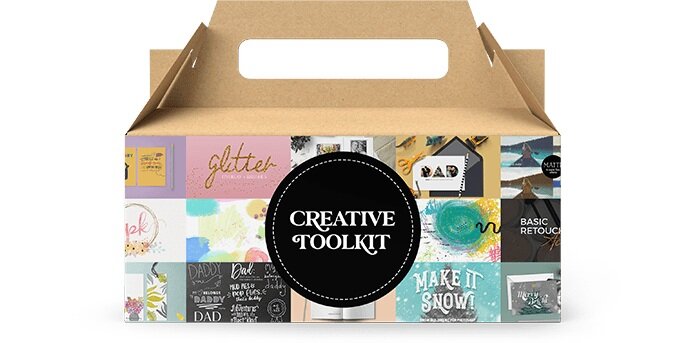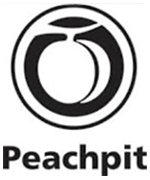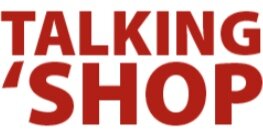RAW vs JPG: What's the Story?
/The debate between JPG and RAW is sometimes a hot one, with passionate endorsements from both sides of the fence. Here’s the skinny. JPG If you’ve never messed with the file formats in your camera, you’re shooting JPGs (the default setting). Because JPG files are compressed, they’re significantly smaller files, allowing for faster shooting, faster downloading, and the ability to store more images in less space on your memory card or on your hard drive.
On the same token, because they’re compressed—there’s less information (or “cushion”) to mess with in post-production if you need to make adjustments to things like exposure and white balance.
When you shoot in JPG, the camera records the image, processes or “cooks” it per your liking (based on your picture style settings for contrast, saturation, sharpness, etc.), then writes the baked JPG to your memory card. The images are ready to download and print/share immediately (you can still finesse them gently in post-production if you choose).
RAW Compared to the nice tiny file size of a JPG, RAW files are huge. They can easily be 4x as big (or more). Their uncompressed (unprocessed) nature leaves them with all their information in tact, allowing for more dramatic adjustments in post-production later.
Because the camera doesn’t help with any of the “cooking” when you shoot RAW, you’re responsible for processing the files yourself. Software like LightRoom makes it pretty painless, but nonetheless, it’s a step that can’t be skipped, as RAW files are unusable until they’ve been processed. (In other words, you can’t post a RAW file on Facebook, or upload a RAW file to your lab for printing.)
Bottom line? Ultimately, there is no right or wrong answer to the question of RAW vs. JPG. It really comes down to personal preference. In the end, the files that are printed for your clients are sent to the lab as JPG, so the result is the same no matter what path you take to get there. The difference is who does the cooking—you or your camera.
For more details, check out my book Your Camera Loves You, Learn to Love it Back, and come back next week to find out which format I personally prefer and how I make it work. Until then, don't let this topic weigh you down! ;) It's not as scary as you think!























